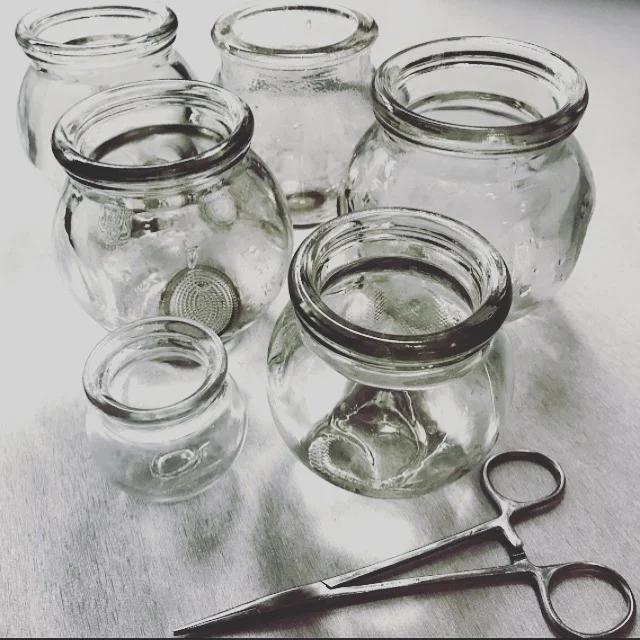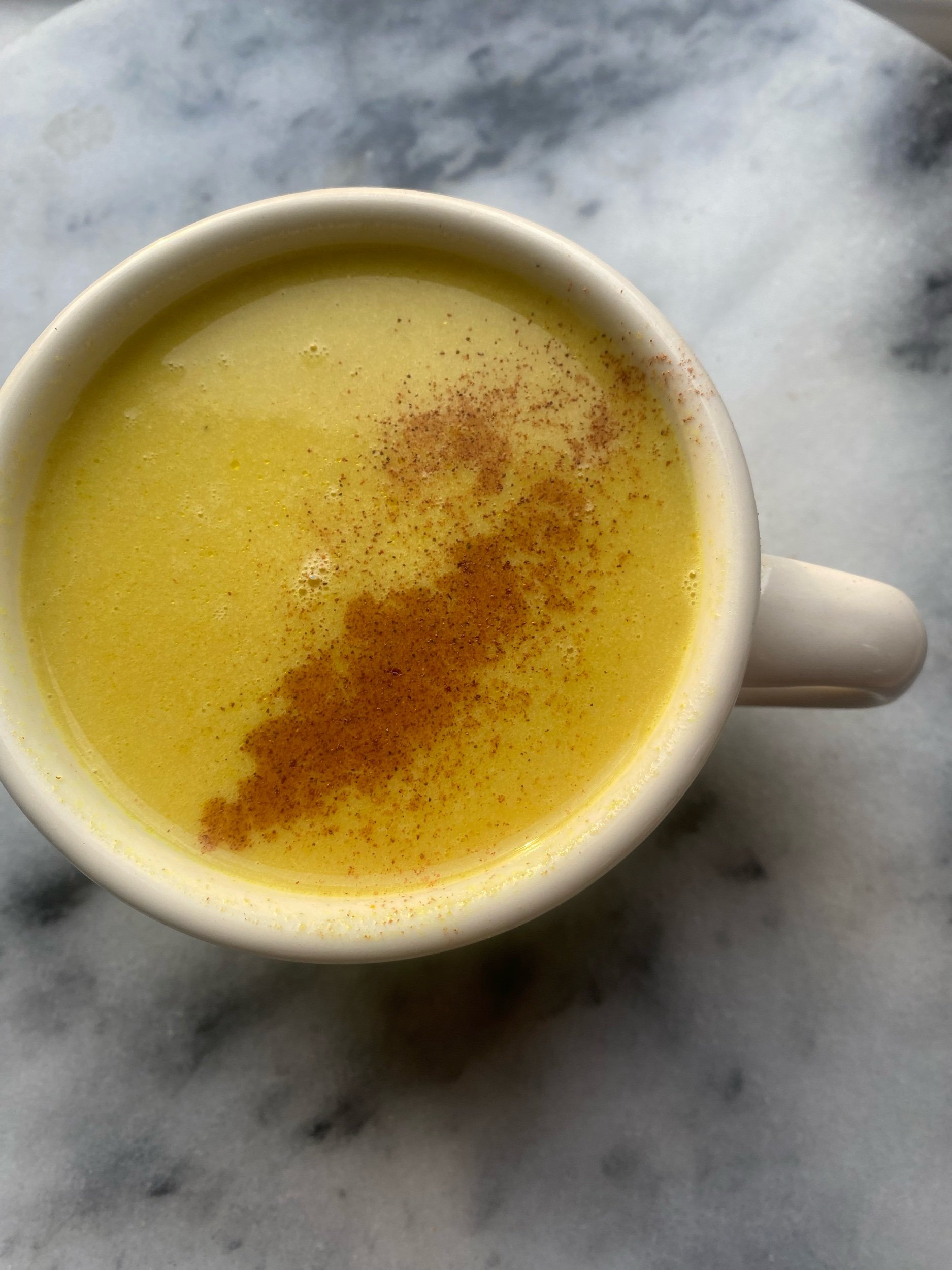Kidney Yin Deficiency–What Is It and How to Deal?
Kidney Yin Deficiency is a concept deeply rooted in Traditional Chinese Medicine (TCM), an imbalance that can affect various aspects of ones health. While it may sound esoteric to those unfamiliar with TCM principles, Kidney Yin Deficiency encompasses a range of symptoms that can significantly impact one's quality of life. In this article, we dive into the fundamentals of Kidney Yin Deficiency, its symptoms, and causes and explore holistic approaches to its management.
Understanding Kidney Yin Deficiency and Effective Management Strategies
In Traditional Chinese Medicine, Yin and Yang represent the balance of opposing, mutually transformative forces within the body. Yin is associated with coolness, moisture, and stillness, while Yang is associated with warmth, activity, and movement. Kidney Yin is considered the foundation of Yin in the body, responsible for nourishing and moisturizing organs and tissues.
Kidney Yin Deficiency occurs when there is an imbalance characterized by a depletion of Yin relative to Yang. This imbalance can manifest in various ways, impacting physical, mental, and emotional health. The Kidneys in TCM, are a Yin Organ System, one of the 5, whose main purpose is to transform, generate, and store Essence.
It is the Organ System that governs the Water Element and water regulation within the body, as well as storing Essence/Jing and controlling the Gate of Life (minimum). It also houses the aspect of our spirit known as the Zhi. The Kidneys also govern the quality of hair and are open to the ears, and lower yin offices. They are attributed to the season of Winter and the emotion of Fear as well as the aspects of ourselves such as strength, labor and hard work, skill, agility, and fine delicate activities.
Kidney Yin deficiency can manifest as a variety of symptoms for people but is most often noticed as they age or deal with chronic illness. Yin deficiency can show up as dull pain, especially soreness and weakness in the lower back and knees, dizziness, tinnitus and blurry vision, frequent urination, loose teeth, hair loss, night sweats, insomnia, dream-disturbed sleep, and poor memory. For women, some signs may be infertility or late menstruation with scanty flow. For men, it may manifest in a string libido with impotence, easy and frequent erections with low follow through, and vivid sexual dreams with spermatorrhea. Kidney Yin deficiency is a common pattern differentiation that may be associated with other patterns such as Heart Yin deficiency/ Heart and Kidney not Communicating.
Common Symptoms of Kidney Yin Deficiency
1. Dryness: Dry mouth, throat, skin, and hair are common manifestations of Yin depletion.
2. Heat: Internal heat sensations such as night sweats, hot flashes, and a sensation of heat in the palms and soles.
3. Insomnia: Difficulty falling or staying asleep, along with vivid dreams, is often associated with Kidney Yin imbalances.
4. Fatigue: Persistent fatigue and weakness, particularly in the lower back and knees, are hallmark signs of Kidney Yin Deficiency.
5. Emotional disturbances: Anxiety, irritability, and emotional instability may arise due to Yin depletion.
Causes of Kidney Yin Deficiency
Several factors contribute to the development of Kidney Yin Deficiency, including:
1. Chronic stress: Prolonged stress weakens the Kidney Yin, leading to depletion over time.
2. Overwork: Excessive physical or mental exertion can deplete Yin resources.
3. Poor diet: Consuming excessive spicy, greasy, or stimulant-rich foods can exacerbate Yin deficiency.
4. Aging: As we age, our Yin naturally declines, predisposing individuals to imbalances.
5. Chronic illness: Certain chronic conditions can deplete Yin, making individuals more susceptible to Kidney Yin Deficiency.
“Kidney is the Organ of water and fire. ”
Managing Kidney Yin Deficiency
Addressing Kidney Yin Deficiency involves a holistic approach aimed at nourishing Yin, restoring balance, and promoting overall well-being. Here are some strategies to consider;
Dietary modifications: Emphasize nourishing foods such as potato, squash, sweet potato, yam, Alfalfa sprouts, asparagus, kelp, potato, seaweed, string bean, sweet potato, yam. Black-colored foods specifically correspond to the Kidney system and can support Kidney health, such as black sesame, black fungus, silkie chicken, black beans, and mulberries. Additionally, walnuts, cashew nuts, chestnuts, and goji berries are beneficial for Kidney nourishment. Avoid excessive spicy, greasy, and processed foods that can further deplete Yin. There is a more comprehensive list below :)
Herbal medicine: Consult with a qualified TCM practitioner for herbal formulas tailored to address Kidney Yin Deficiency. Common herbs used include Rehmannia, Goji berries, and Schisandra. Red Date, Longan and Goji Berry tea is a great choice as well.
Acupuncture: Acupuncture can help regulate the flow of Qi and Yin within the body, promoting balance and alleviating symptoms.
Stress management: Incorporate stress-reducing practices such as meditation, yoga, and deep breathing exercises to support Kidney Yin replenishment.
Adequate rest: Prioritize quality sleep and allow ample time for relaxation to replenish Yin reserves.
Lifestyle modifications: Avoid overwork and excessive stimulation, and cultivate a balanced lifestyle that prioritizes self-care and nourishment. Wearing socks and keeping your feet warm, as the Kidney meridian starts on the soles of the feet. Herbal foot soaks can also be very beneficial to help assist Kidney health as well as decrease any lower back and knee pain.
Nutrition to Support Kidney Yin Deficiency
Supporting Kidney Yin deficiency through diet involves nourishing the body's yin energy with cooling, hydrating, and nutrient-rich foods. These foods help replenish fluids, strengthen the Kidneys, and promote overall balance. Here's a list of recommended foods
Vegetables
Asparagus: Moistens the yin and clears heat.
Spinach: Nourishes yin and blood.
Cucumber: Cooling and hydrating.
Celery: Helps clear heat and nourishes yin.
Lotus root: Strengthens yin and clears heat.
Zucchini: Moistens dryness and replenishes fluids.
Fruits
Blackberries: Strengthens the Kidneys and replenishes essence.
Blueberries: Nourish kKdney essence and are cooling.
Watermelon: Hydrating and cooling, helps moisten dryness.
Pears: Moistens the lungs and supports yin.
Grapes: Nourishes blood and yin.
Grains and Legumes
Black/ Kidney/Adzuki Beans: Strengthen Kidney yin and essence.
Barley: Cooling and promotes fluid retention.
Millet: Nourishes yin and supports digestion.
Soybeans: Support yin and are slightly cooling.
Animal Products
Duck meat: Nourishes yin and is slightly cooling.
Eggs: Provide yin-nourishing proteins.
Fish (especially white fish): Moistens and nourishes yin.
Seafoods and Algae
Seaweed: Rich in minerals and supports kidney yin.
Kelp: Hydrating and yin-supportive.
Nuts and Seeds
Black sesame seeds: Strengthens Kidney essence and yin.
Walnuts: Nourish yin and support the Kidneys.
Herbs and Tonics
Goji berries: Renowned for nourishing Liver and Kidney yin.
Chinese yam (Shan Yao): Tonifies Kidney yin and strengthens digestion.
He Shou Wu: Known for supporting Kidney and Liver essence.
Dairy and Alternatives
Goat milk: Considered more yin-nourishing than cow’s milk.
Almond milk: Hydrating and gentle on digestion.
Beverages
Pear tea: Helps moisten yin and soothe dryness.
Chrysanthemum tea: Clears heat and supports yin.
Black sesame seed tea: Nourishes Kidney yin and essence.
Foods to Avoid
Spicy, fried, and overly warming foods, which can exacerbate yin deficiency.
Excessive caffeine and alcohol, as they deplete yin.
Highly processed foods, which can create more internal heat.
Incorporate these foods into soups, congees, and lightly cooked meals to promote balance and nourishment. Pair them with proper hydration and a balanced lifestyle for best results.
Kidney Yin Deficiency is a multifaceted condition requiring a comprehensive management approach. By understanding its underlying principles and addressing contributing factors, you can effectively restore balance, regulate symptoms, and promote optimal health and well-being. Incorporating holistic modalities such as dietary modifications, herbal medicine, acupuncture, and stress management techniques can play a pivotal role in supporting Kidney Yin deficiency and overall vitality. Consulting with qualified healthcare practitioners well-versed in Traditional Chinese Medicine can provide personalized guidance and support on the journey to wellness.
WANT TO LEARN MORE?
STILL HUNGRY?















































These foundational books offer a clear and accessible path into the world of Acupuncture and Chinese Medicine. Whether you're studying to become a practitioner or simply curious about the theory behind the treatments, these titles will deepen your understanding and appreciation for this ancient healing system—one thoughtful page at a time.